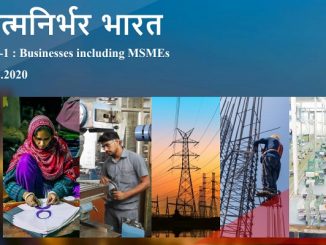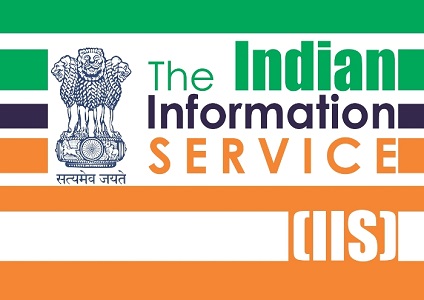
PIB News Update: Union Minister for Petroleum and Natural Gas Shri Dharmendra Pradhan, has informed that Government has been promoting use of ethanol as a blend stock with main automotive fuel like petrol in line with the National Policy on Biofuels -2018 under the Ethanol Blended Petrol (EBP) Programme. This policy envisages an indicative target of blending 20% ethanol in petrol by 2030.
Department of Food & Public Distribution (DFPD) has informed that the production of ethanol varies from distillery to distillery and depends upon various factors viz. cost of raw material, conversion cost, efficiency of distillery plants etc. Several supply and demand side interventions have been initiated by the Government including enhancing scope of raw material for ethanol production and fixing remunerative prices of ethanol from different feedstocks being utilized for ethanol production. Based on the ethanol supply offers, Public Sector Oil Marketing Companies (OMCs) have allocated 325.5 crore liters for Ethanol Supply Year (ESY) (period from Dec. to Nov.) 2020-21 to be blended with petrol under the EBP Programme.
In order to enhance the ethanol production capacity in the country, DFPD has informed that Government has notified a modified scheme on January 14, 2021 for extending financial assistance in the form of interest subvention on loans advanced by Banks/NCDC/IREDA/NBFCs and any other financial institutions to project proponents for different activities viz. setting up of new distilleries, expansion of existing capacity, installation of Zero Liquid Discharge (ZLD) System and Molecular Sieve Dehydration (MSDH) Column, etc. for production of first generation (1G) ethanol from feedstock such as cereals (rice, wheat, barley, corn, sorghum), sugarcane and sugar beet, etc. including granaries and surplus rice with Food Corporation of India (FCI). The Government also fixed remunerative prices of ethanol from such feedstock i.e. Rs 51.55 per litres from damaged food grains and Rs 56.87 per litres from FCI rice.







Leave a Reply
You must be logged in to post a comment.